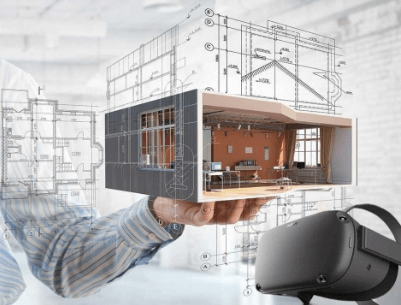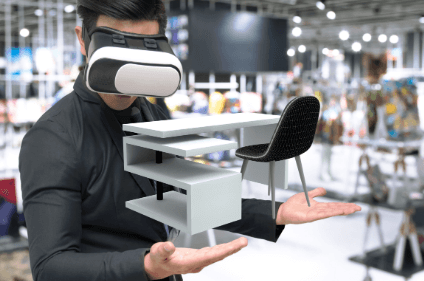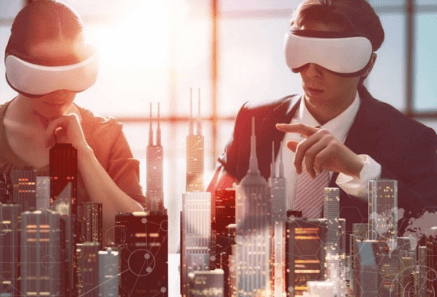Innovations in Tech That Are Changing Education Forever
Technological innovations are fundamentally reshaping educational systems, introducing new modalities that emphasize flexibility, personalization, and engagement. Virtual classrooms and remote platforms facilitate accessible and autonomous learning environments, while artificial intelligence enables tailored content and data-driven insights. Augmented and virtual reality expand experiential learning possibilities, making complex concepts more tangible. As these advancements evolve, they raise critical questions about their implications for equity, privacy, and pedagogical effectiveness, prompting ongoing analysis of their long-term impact.
Virtual Classrooms and Remote Learning Platforms
How have virtual classrooms and remote learning platforms transformed educational delivery methods? They leverage gamification strategies to enhance engagement and require specialized teacher training methods for effective implementation.
This technological shift fosters autonomous learning, empowering individuals to pursue knowledge freely, while educators adapt methodologies to optimize digital interaction, ensuring accessible, flexible, and innovative educational experiences.
Artificial Intelligence and Personalized Education
Building upon the advancements in virtual classrooms and remote learning platforms, the integration of artificial intelligence (AI) introduces a new dimension of personalization in education.
AI-driven systems optimize student engagement by adapting content to individual needs, yet raise ethical considerations surrounding data privacy and algorithmic bias.
This balance is crucial for fostering autonomous learning environments that respect learner freedom.
Augmented and Virtual Reality for Immersive Learning
Augmented and virtual reality (AR and VR) technologies are increasingly integrated into educational settings to create highly immersive learning experiences.
AR simulations enable interactive, hands-on engagement, while VR field trips provide virtual access to distant environments.
These tools enhance experiential learning, fostering deeper understanding and engagement without physical constraints, thus expanding educational possibilities through technological innovation.
See also : Innovations in 3D Printing: Beyond Prototyping
Adaptive Learning Technologies and Data-Driven Insights
Advancements in adaptive learning technologies leverage sophisticated algorithms and real-time data collection to tailor educational experiences to individual student needs. These systems utilize learning analytics to optimize engagement and performance.
While doing so, they navigate critical concerns related to data privacy. By analyzing patterns, they empower learners with personalized insights, fostering autonomy and informed decision-making within flexible, privacy-conscious educational frameworks.
Conclusion
These technological innovations collectively redefine educational paradigms, enabling unprecedented levels of accessibility, personalization, and engagement. Virtual platforms, AI-driven algorithms, and immersive realities foster a learner-centric environment that anticipates future pedagogical shifts. As if harnessing the power of a modern-day Gutenberg press, these advancements propel education into a new era of continuous evolution, emphasizing the importance of ethical considerations such as data privacy and algorithmic fairness to sustain equitable learning ecosystems.






